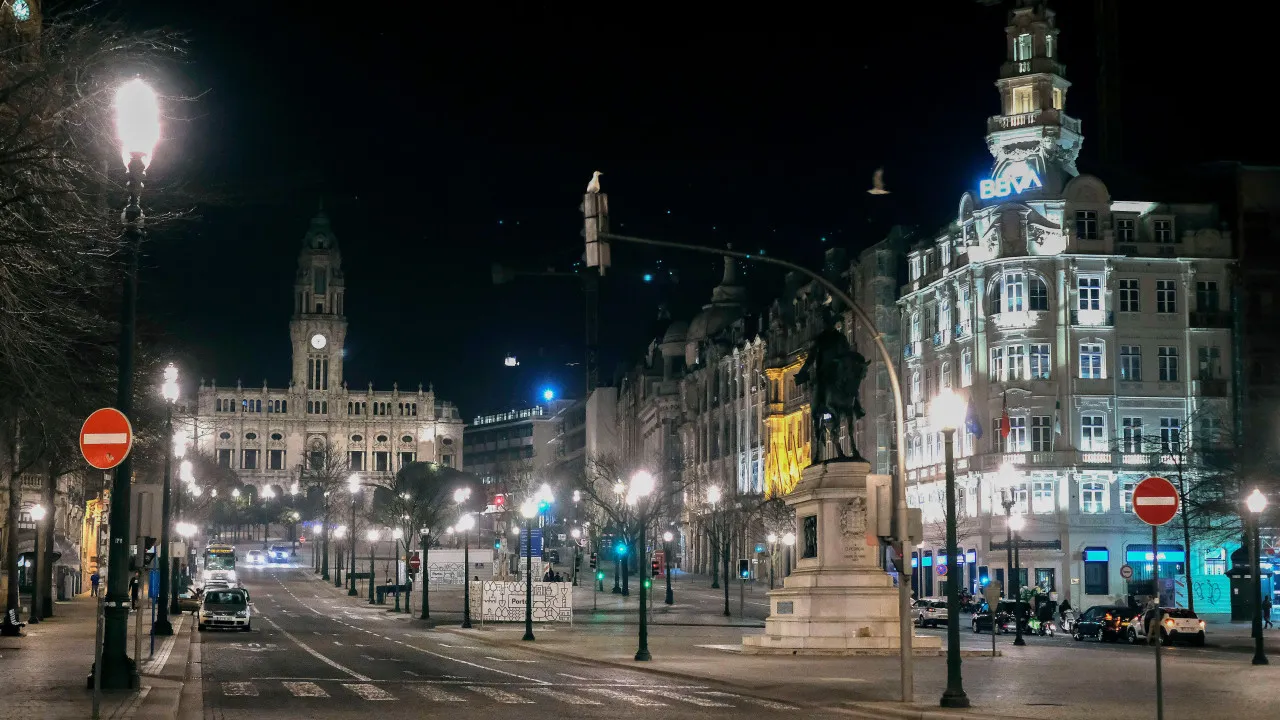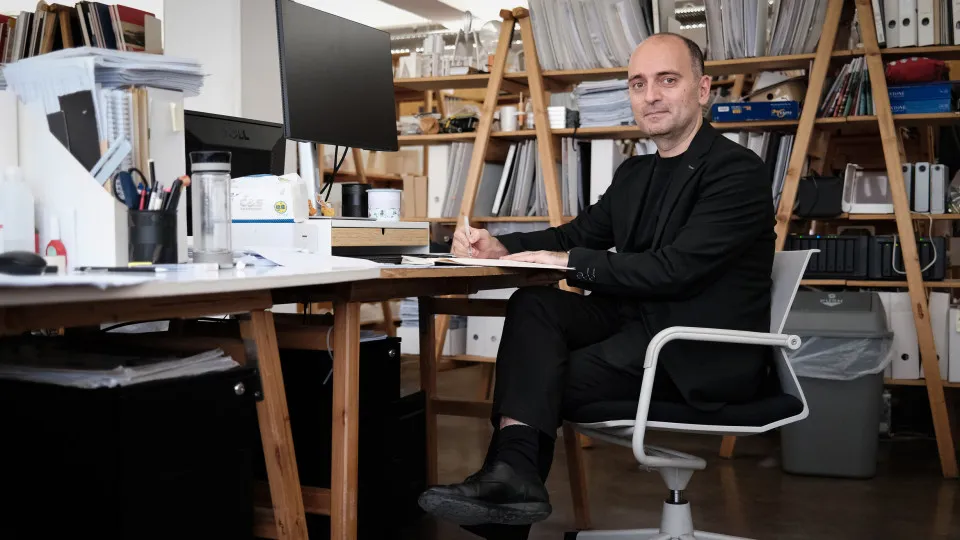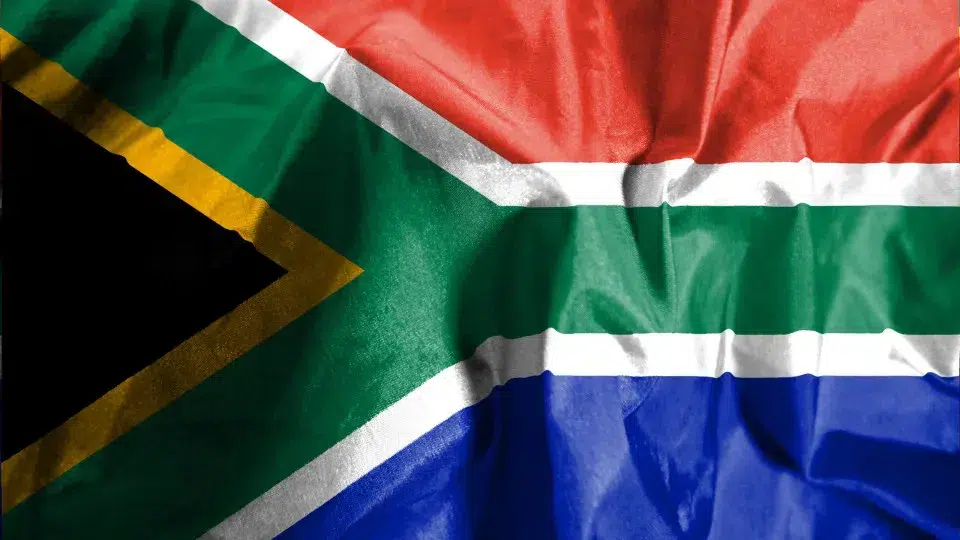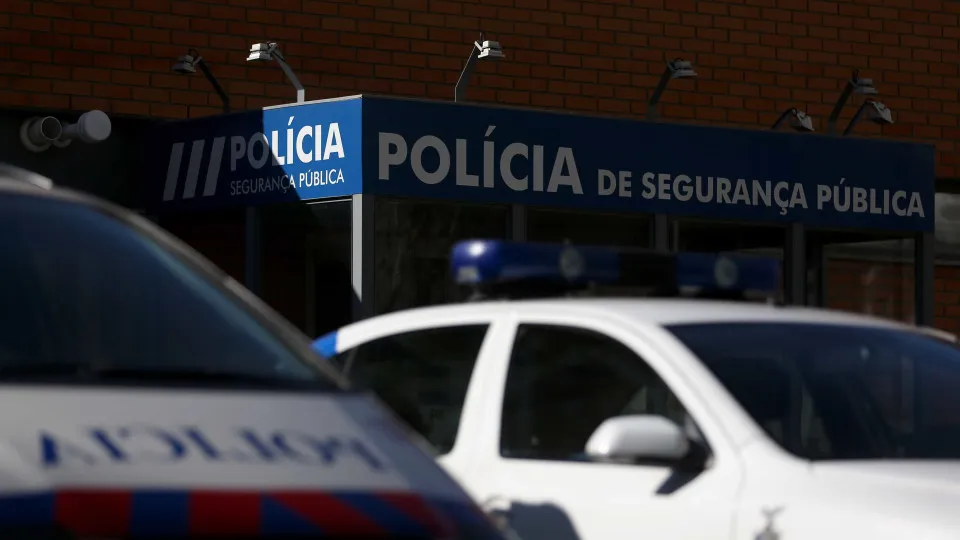
The third amendment to the regulation, which took effect on March 1, 2023, also includes an expansion of the so-called containment zone, which will cover nearly the entire downtown area of Porto.
In this zone, the sale of alcoholic beverages after 9:00 PM is only permitted in cafés, bars, restaurants, and nightclubs. Establishments such as supermarkets, convenience stores, souvenir shops, or liquor stores are excluded from this rule.
Furthermore, outdoor terraces in the containment zone will face restrictions on operating hours, although some flexibility tools are available for terraces in the three main nightlife zones (core nightlife area, protected zone, and containment zone).
“The justification for this is our belief that the ‘botellon’ phenomenon in various parts of the city is detrimental and impacts urban safety,” explained the Councilwoman for Economic Activities and Inspection on Friday.
Filipa Correia Pinto assured that there will be “very tight” enforcement with “heavy” sanctions to “strengthen people’s sense of security and ensure the organization of public space.”
Another “significant” change is, according to the councilwoman, a revision of the sanctions framework applicable to violations of the regulation’s norms, with the introduction of a precautionary closure mechanism for establishments.
Under “certain circumstances, and duly justified,” regulatory bodies may “immediately close an establishment that is not complying, impacting the safety and comfort of those who visit,” she explained, adding that a temporary closure is also foreseen as an accessory penalty.
Moreover, business owners with records of convictions for infractions will no longer be allowed to extend their operating hours.
In statements given on Monday, the president of the Porto Nightlife Bar and Club Association acknowledged that the new regulation rules, with heavier penalties, might help combat the ‘botellon’ phenomenon but do not solve it.
“All measures are welcome, but they don’t solve it. The issue of the ‘botellon’ is significant because it’s often done with drinks people bring from home or buy in supermarkets during the day, so it’s not the establishments selling to enable these ‘botellons’ in the street.”
Ricardo Tavares, president of the Portuguese Bar and Club Association, expressed doubts that Porto’s new nightlife regulations would solve the ‘botellon’ problem.
“Operationally, I don’t think this will bring any improvement to the city or its residents. It will only create more problems for entrepreneurs who already face many,” Ricardo Tavares argued.




